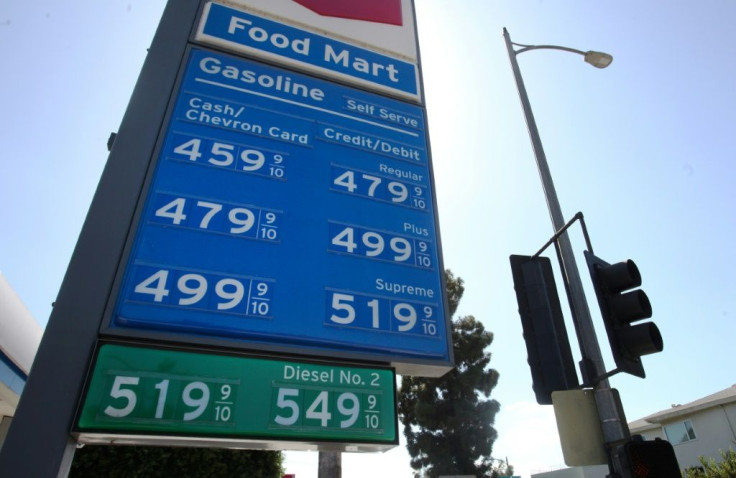Hot Gasoline Prices Warm Up US Inflation In October

A flare-up in US fuel prices in October sparked the biggest bump consumer inflation in seven months, but other price gains were more modest, according to new government data Wednesday.
The rise in the monthly price index was hotter than expected, bolstering the Federal Reserve's decision to pause after a series of interest rate cuts.
In addition to fuel, prices rose for medical care, food and recreation, according to the latest Labor Department price figures.
But new cars, commodities and clothing became cheaper last month, the data showed.
The Consumer Price Index rose 0.4 percent compared to September, a notch faster than economists had expected and the biggest jump since March.
Gasoline prices jumped 3.7 percent, but after falling for four of the prior five months Americans now pay less to fill up their cars than they did a year ago, with costs down more than seven percent compared to October of last year.
Outside the volatile food and fuel categories, the "core" CPI rose 0.2 percent, matching expectations.
Compared to October of last year, the headline index rose 1.8 percent, well below the 2018 high of nearly three percent, according to the report. Meanwhile, core prices slowed to 2.3 percent year-on-year, the smallest increase since July.
The medical care index rose one percent compared to September -- the biggest monthly gain in more than three years.
Hospital services, however, were up 3.5 percent compared to October of last year, the biggest gain since December.
After years in which price pressures remained bafflingly low, US central bankers have suggested a breakout in inflation is not a prime concern.
Fed Chairman Jerome Powell in testimony before Congress on Wednesday confirmed that the central bank is on hold after cutting interest rates three times in a row, giving policymakers time to assess incoming data.
Ian Shepherdson of Pantheon Macroeconomics said the October numbers were mixed but pointed to even stronger gains in November.
"We remain of the view that core CPI inflation is likely to climb gradually through the middle of next year, especially if the tariffs on consumer goods are not rolled back," he said in an analysis.
© Copyright AFP {{Year}}. All rights reserved.





















